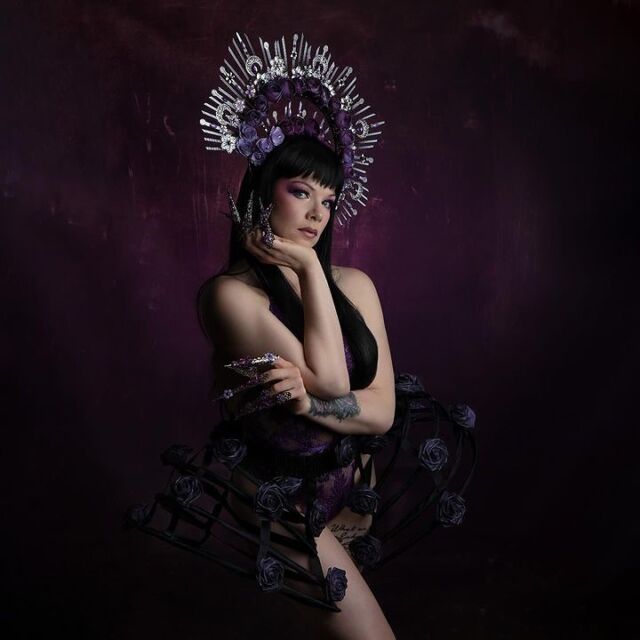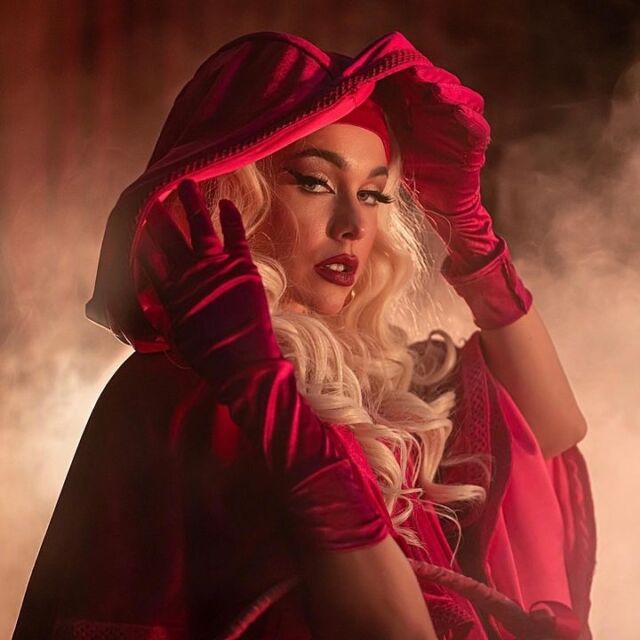Sailing across the Atlantic to France in October 1776, Benjamin Franklin had 38 days to contemplate his near-impossible mission: persuading the absolute French monarchy of Louis XVI to bankroll a nascent American republic.
His democracy in the making had just declared independence from another monarchy, the British, and had done so with “no gunpowder, no engineers, ships, munitions, money and no army fit to fight a war,” said Stacy Schiff, the author of the 2005 book “A Great Improvisation: Franklin, France and the Birth of America.”
Communication with the revolutionary colonies was erratic and his authority in France tenuous, but Franklin had one significant card up his sleeve: The French hatred of the British, fortified by recurrent war. Franklin, oozing charm at 70, deploying creative ambiguity, leavening wisdom with humor, aware of French fascination with this strange new creature called an “American,” had the guile — as well as the ironclad patriotic conviction — to exploit this diplomatic opportunity.
This is the backdrop to a new eight-part Apple TV+ series, “Franklin,” that began airing this month. Based on Schiff’s book and filmed in France, it stars Michael Douglas, in his first period picture, as the most worldly of America’s founders.
The series has premiered as another war-torn young democracy, Ukraine, scrambles for arms and funds to defend its freedom, and as the American democracy whose fragility Franklin always feared confronts the January 2021 storming of the Capitol by a mob intent on overturning an election. This timing gives the drama a powerful added resonance.
To prepare for the role, Douglas said he “looked long and hard at the $100 bill,” but the actor chose not to strive for exact likeness of belly, chin and hairline. Instead Douglas, best known for his roles in “Fatal Attraction” and “Wall Street” and now 79, deploys an unhurried delivery filled with the wisdom of a lifetime and a twinkly gaze at once detached and penetrating to dissolve uncannily into the philosopher-statesman of America’s founding.
Suffering from excruciating gout, old enough to be James Madison’s or Alexander Hamilton’s grandfather, comfortable in a little fur hat from Canada, Douglas’s Franklin captures the birth of an enduring American impatience with honorifics and formality. Wigs and the Royal Court do not sway him, even if he has a taste, and talent, for the French bon mot. He is both flirtatious and avuncular.
“I am drawn to flawed characters, and Franklin is certainly imperfect,” said Tim Van Patten, the show’s director, whose credits include “The Sopranos.” “He is arrogant, self-centered, stubborn, a libertine — and he had his own son locked up. He also had the genius to pull off an astounding mission.”
Part of the show’s appeal is its characters’ complexity, the good and the less good cohabiting within them, and Franklin himself is no exception. For nine years, he spins his web from a mansion in Passy, west of Paris, spreading word of the war through a printing press he cobbled together and, in time, relieving the French Treasury of more than one-tenth of its wealth for the American revolutionary cause.
His uneasy relationship with his grandson, Temple Franklin (Noah Jupe) forms a significant subplot on the show. Franklin’s intense ambitions for Temple are a reflection of his disastrous relationship with his loyalist son William Franklin — the father of Temple and the last of New Jersey’s Royal Governors — before he was imprisoned and ultimately fled to London.
Temple, a sensitive soul burning with revolutionary and amorous passions, is quick to learn French and is soon drawn into aristocratic circle of the Marquis de Lafayette (played by Théodore Pellerin), whose service for the Continental Army remains part of the powerful, if sometimes tempestuous, bond between France and the United States. Unlike his grandfather, Temple loves the court of Louis XVI and is impulsive to a fault.
“Let’s burn England!” he cries as he prepares to set out on a fool’s mission with the Lafayette circle.
“I’ll tell your father I left you at the bottom of the Irish Sea,” Franklin says.
“Then you’d have to speak to him,” Temple shoots back, later telling his grandfather that his talents for making peace fail only when it comes to “your own flesh and blood.”
Douglas seems at home portraying such intricate moral dilemmas. He said he would look at pictures of his father, Kirk Douglas, and things seemed simple: “There were good guys and bad guys.” He chuckled. “Then everything got a little gray. I am fascinated by those gray areas, because we all make mistakes, good guys doing bad things, bad guys good things.”
The eight-month stay in France was “the best production that I have ever been involved with,” Douglas said. Equally, working on the show proved educational to the actor: “I did not realize to what degree, if it was not for France, we would not have had a free America. It would have been a colony, absolutely. We were going down fast.”
American awareness of this, even today, Schiff said, is limited, because “we like to think of this being just Washington’s victory, and prefer not to think of the dependence factor in our independence.”
Douglas said he also thought a lot about parallels with today, “how fragile democracy” and freedom are, from the United States to Ukraine, and the way “our political system is so warped.”
The historical ignorance is not just American. Ludivine Sagnier, who plays Anne-Louise Brillon de Jouy, a talented musician and composer who sees Franklin as her spiritual muse, said she had learned in her French school that Louis XVI was a passive monarch who was executed after the 1789 Revolution without having done much to deserve it.
“The extreme absurdity, as I learned making the series, is that this representative of absolute divine monarchy is responsible for the establishment of a new democracy,” she said. “I do not think the French are very familiar with this part of their history.”
Franklin’s battles are not only with the French. On the show, his feuds with John Adams (Eddie Marsan), who also came to Paris on a diplomatic mission, are intense. “I can’t abide Franklin,” Adams seethes. “He breakfasts at 10:13!” Franklin counters by explaining that in France, “the principle is to achieve much while appearing to do little.” The friction between these two founders abates only when Adams demands what drives Franklin. “I am here for America, Sir,” he responds. “I have never cared for anything else!”
As “Franklin” shows, the history of this period could have been very different. Franklin arrived in France as New York City fell to the British army; almost all the news was bad until word reached France nearly a year later of the American victory at the Battle of Saratoga. Then the tide began to turn.
On Feb. 6, 1778, representatives of France and the United States, including Franklin, signed two treaties that led to increased French aid flowing across the Atlantic.
The French contribution to the game-changing victory of the Continental Army at Yorktown in 1781 was immense. In 1783, the Treaty of Paris was signed, confirming British acceptance of a “free, sovereign and independent” United States.
If a single one of Franklin’s relationships secured that outcome, it was with the French foreign minister, the Comte de Vergennes, played in the series with deadpan wit and long-suffering resignation by Thibault de Montalembert. Vergennes has seen it all, and when Franklin settles with the British in a duplicitous last diplomatic pirouette, he is irked but not unduly.
As the final episode draws to a close, Vergennes asks, “What is this American idea?”
“That a free people may govern themselves guided by common sense and a belief in the greater good,” Franklin says.
“And if they lack common sense?”
“Then I suppose they should get what they deserve.”
Source link







![Growing up learning Indian Classical Music, I’ve developed a deep appreciation for diverse musical genres, and techno is definitely one that has captured my interest. Got inspired to write this track by blending the beautiful melodies of Hindustani classical, particularly Raag Bhairav, with the beats of techno. Excited to share this fusion with you all!
Music by @miladzki
Check it out and vibe with me! 🎶✨
[ techno, newmusic, fusion, indianclassicalmusic, techno, music, kakisinger ]](https://talentsofworld.com/wp-content/uploads/wp-social-ninja/instagram/9xm.tv/18327743320185528_full.jpg)
![Listen to this Version of Dil Kho Gaya
Original Song From the Movie Dil.
Anand-Milind, Udit Narayan, Anuradha Paudwal sung this song
Music by Anand-Milind
Hope you guys like this Rendition of the Classic Song by Kaki Singer.
Like, Share & Comment.
[ Dil, Dil kho Gaya, old songs, Classic Bollywood, old song covers, retro songs, indian old songs, old hindi songs, melodies, kaki singer, Indian singers ]](https://talentsofworld.com/wp-content/uploads/wp-social-ninja/instagram/9xm.tv/17999564600299237_full.jpg)




















































